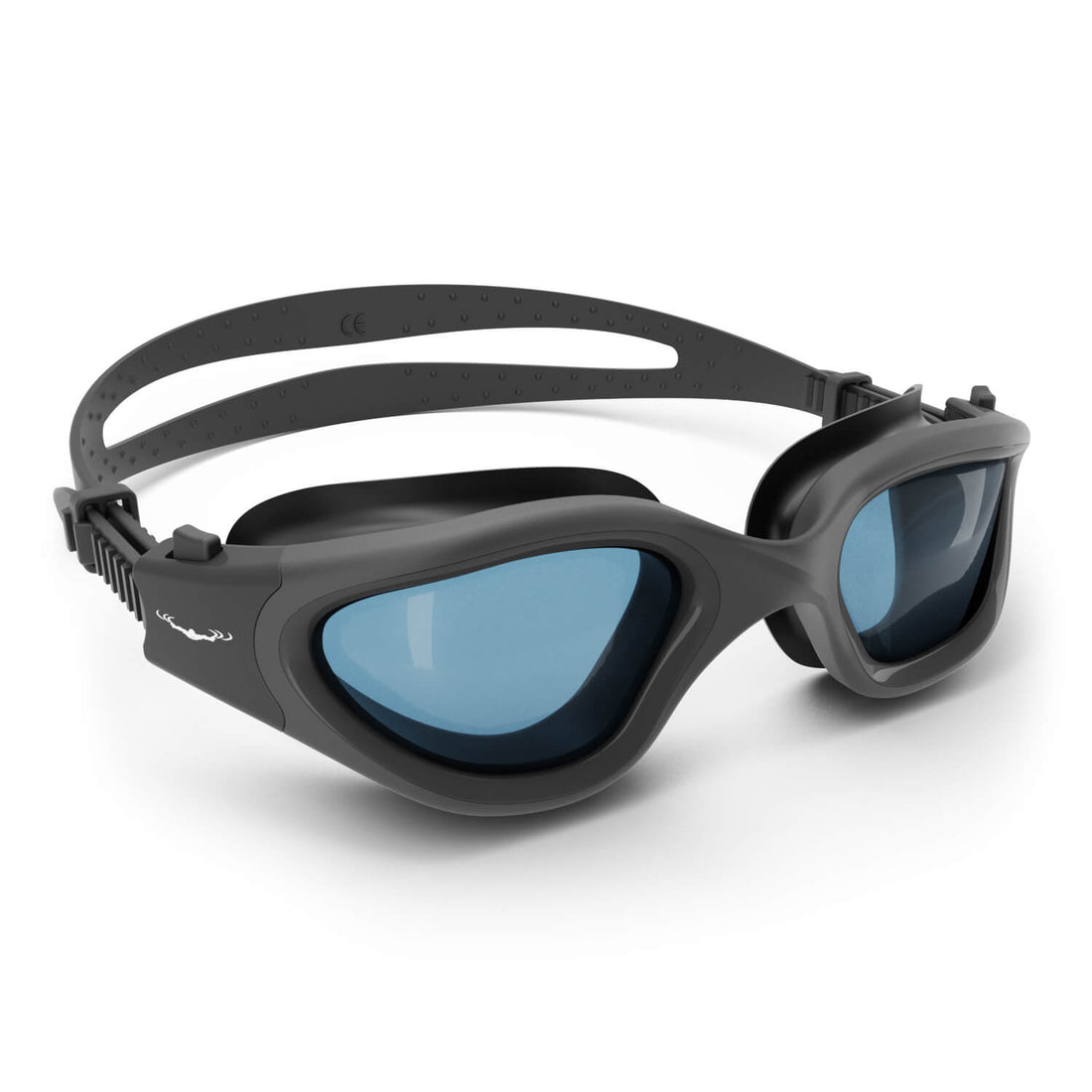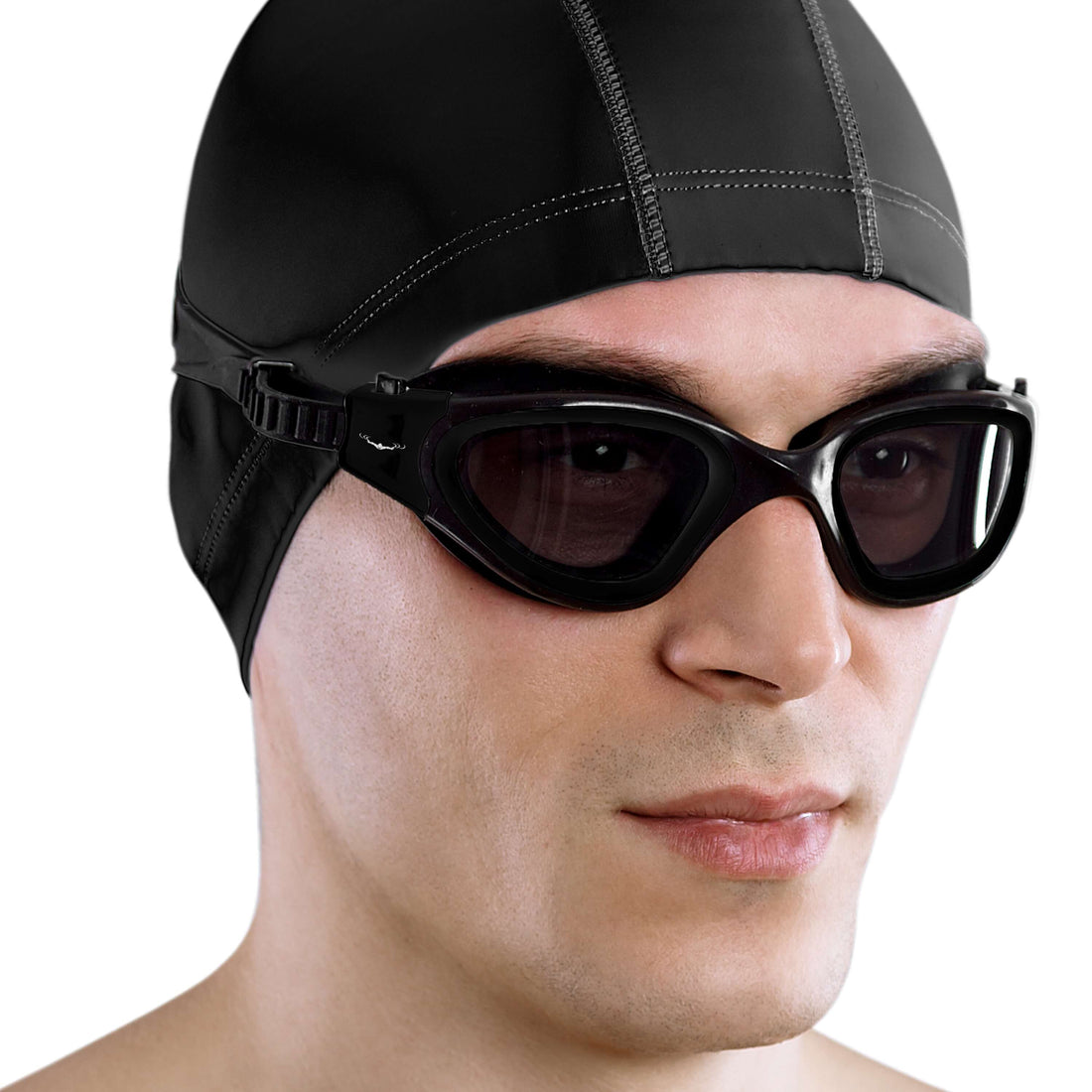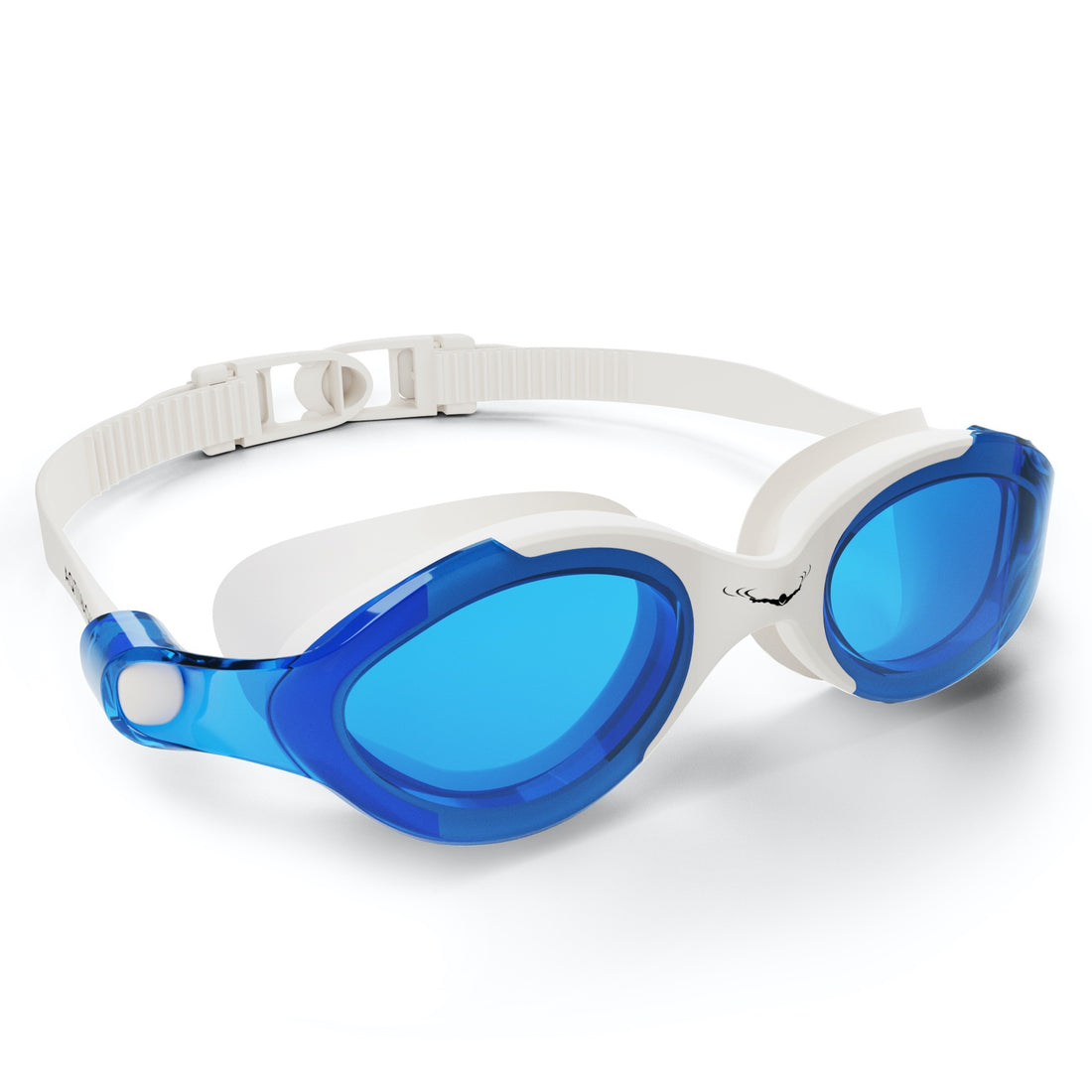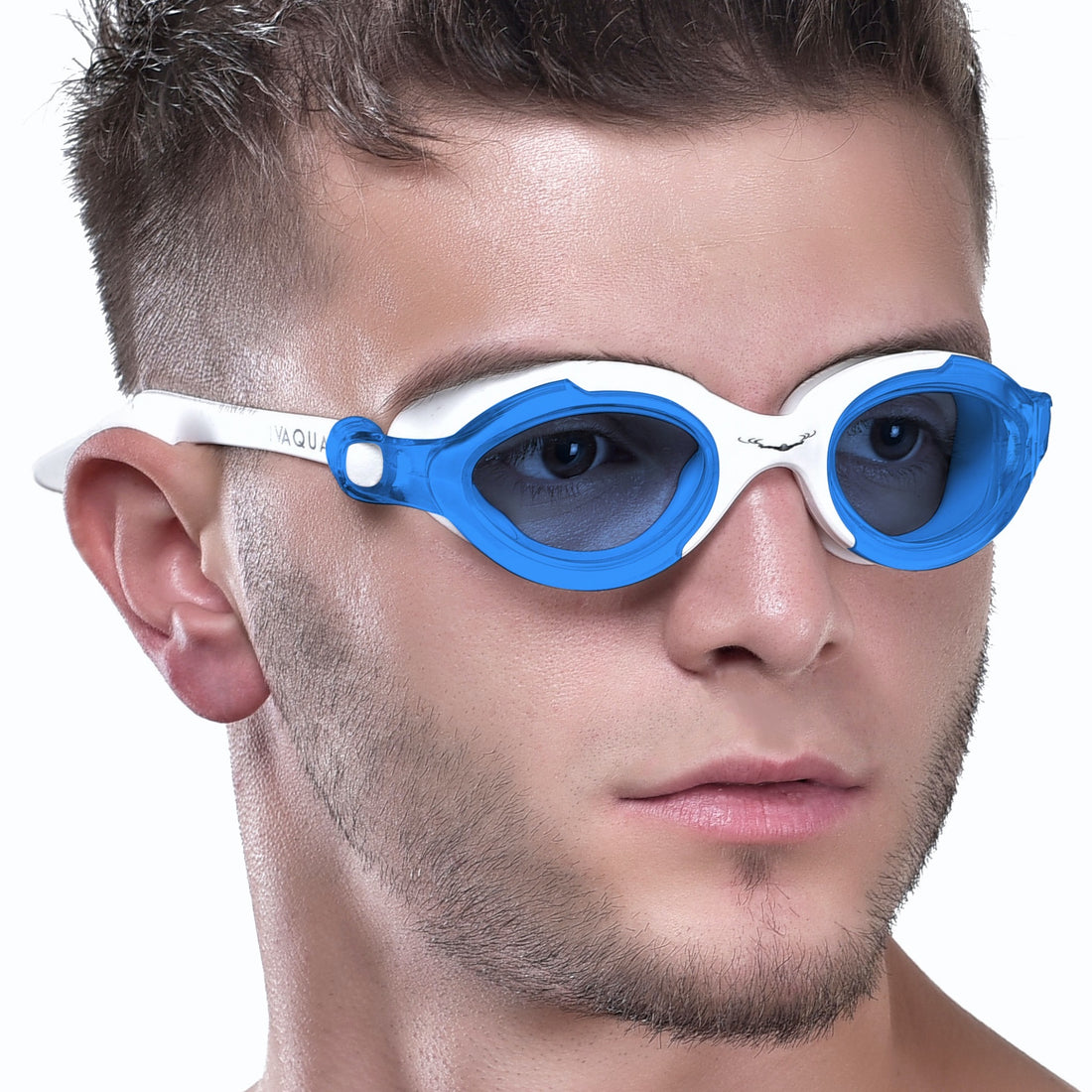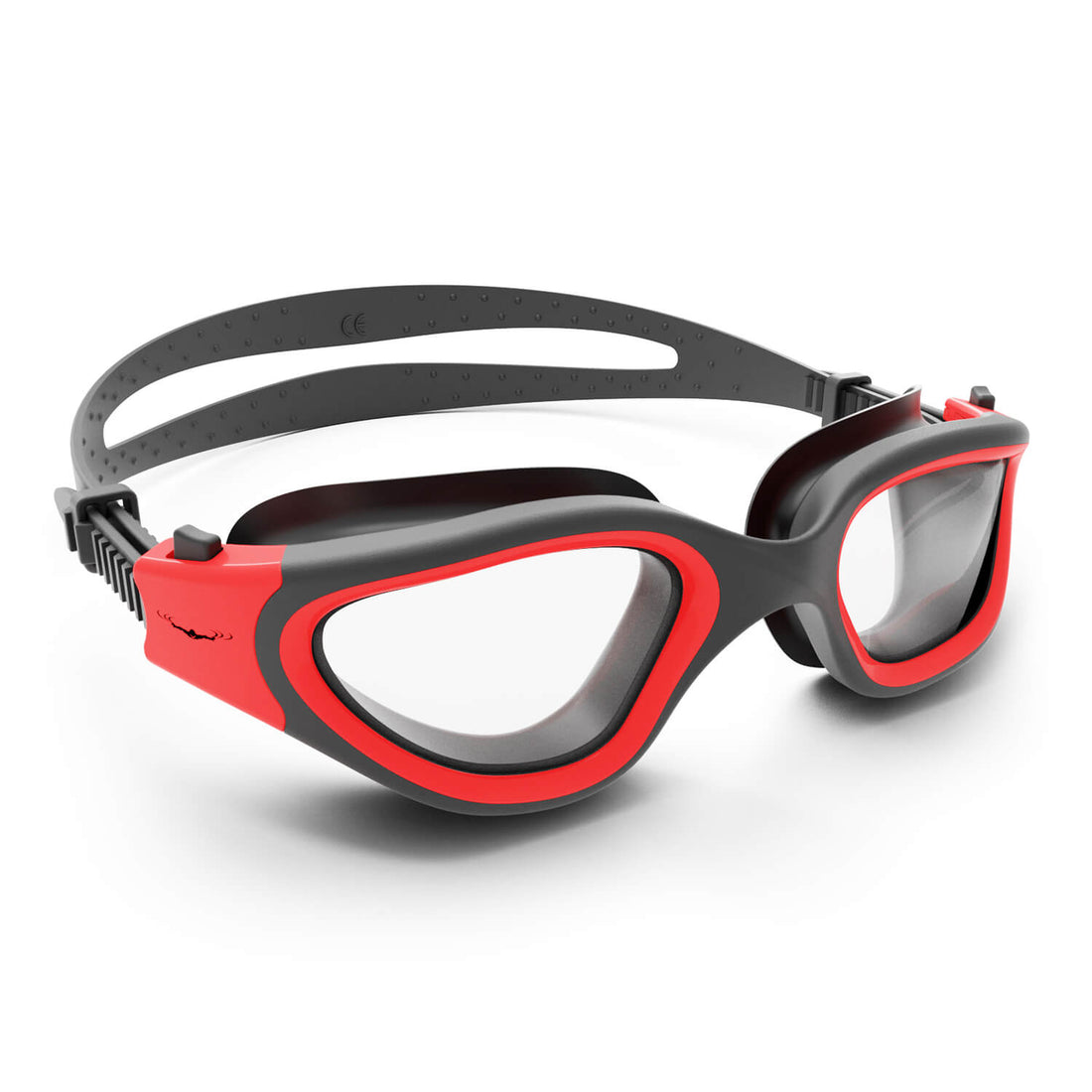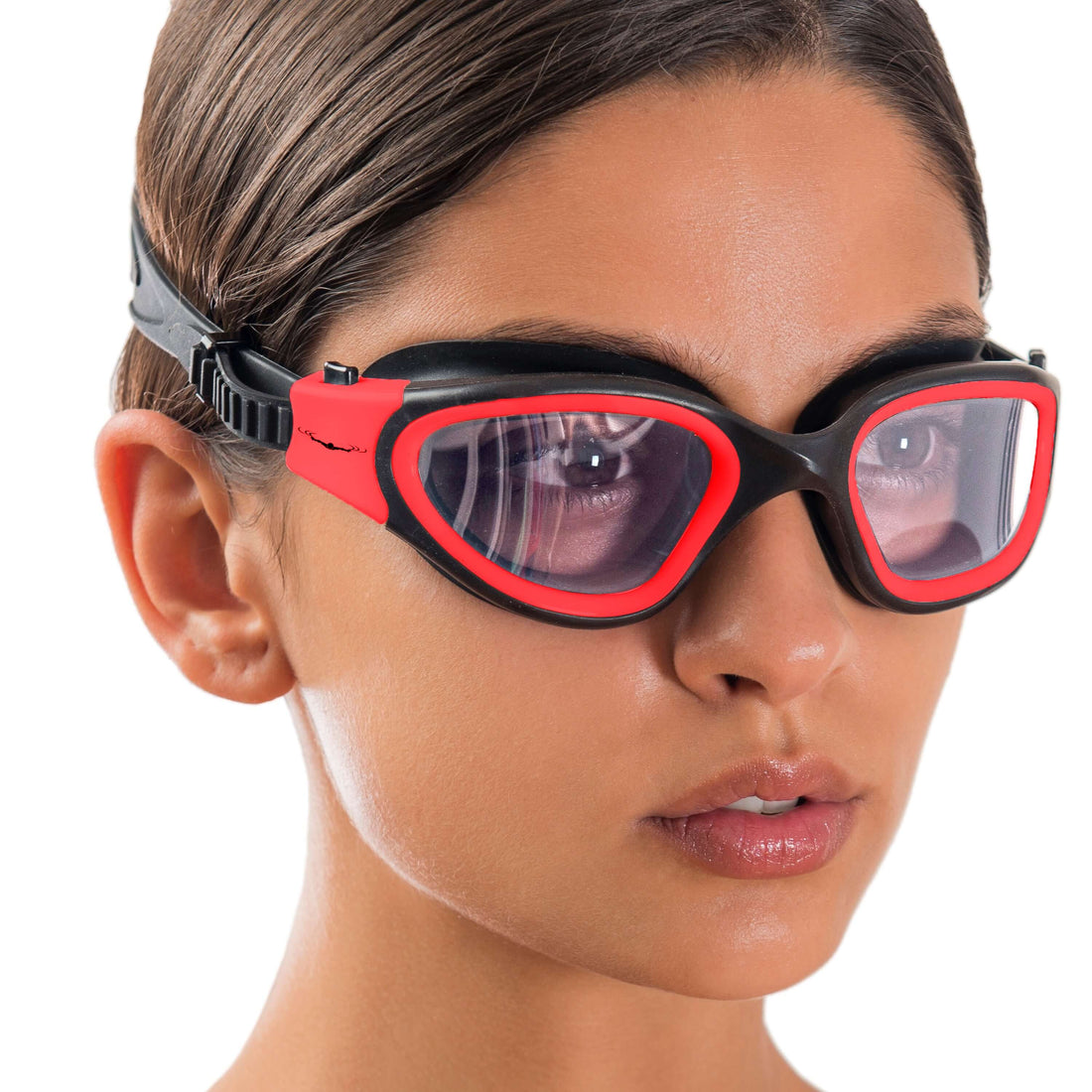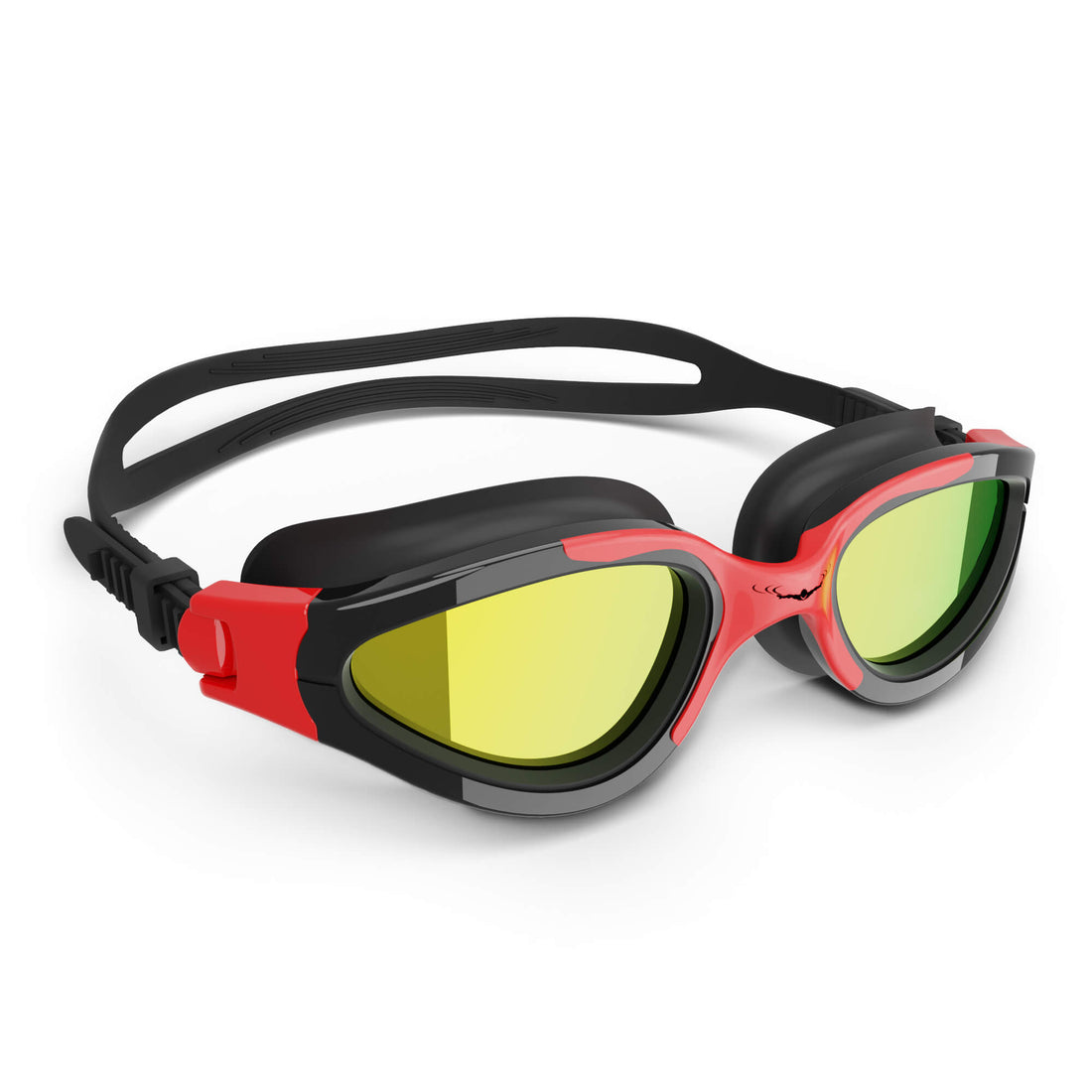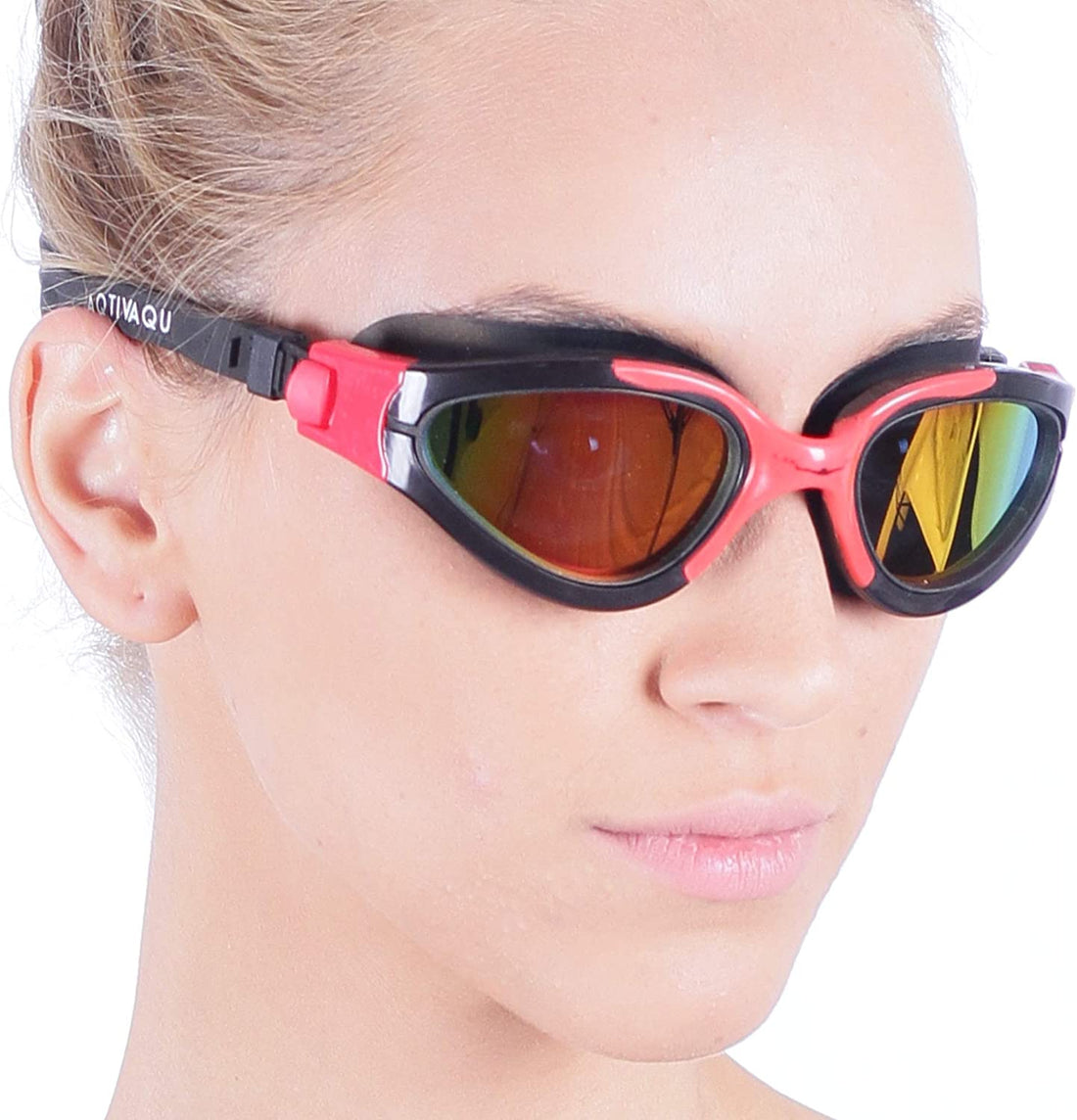Frequently Asked Questions
1. Why is nutrition important for swimmers?
2. What are the three major macronutrients swimmers should focus on?
3. How can swimmers stay hydrated effectively?
4. What should a swimmer eat before workouts?
5. What is the significance of swim gear in performance?
Swimming is not just a sport; it's a full-body workout that demands a lot from your body. Whether you are training for a competition or swimming for leisure, understanding the importance of nutrition is essential for achieving optimal performance. Proper nutrition fuels your body, aids recovery, and ensures you can swim that extra lap without fatigue. In this article, we'll dive into the key aspects of nutrition for swimmers, the role of hydration, and tips on how to combine your swim gear like headbands for ear plugs and swimming goggles with your best nutritional practices.
Why Nutrition Matters for Swimmers
As a swimmer, your body works hard. The demands of swimming require a balanced intake of carbohydrates, proteins, and fats to fuel your performance. Here are some essential reasons why nutrition is crucial:
- Energy Supply: Carbohydrates are your primary fuel source during swimming. They’re essential for maintaining stamina and performance.
- Muscle Repair: Consuming protein post-swim helps repair and build muscles, making it vital for recovery.
- Hydration: Staying adequately hydrated enhances your performance and prevents fatigue, cramps, and overheating.
- Boosting Immune Function: A well-balanced diet can help strengthen your immune system, allowing you to train consistently without interruptions.
Understanding Macronutrients
To maximize your swim performance, you must pay attention to the three major macronutrients: carbohydrates, proteins, and fats. Let's look at each one in-depth:
Carbohydrates: Your Main Source of Energy
Carbohydrates are critical for swimmers since they provide quick energy. They’re stored as glycogen in your muscles, which is used for intense training sessions. Aim to consume:
- Complex carbohydrates: Whole grains, fruits, and vegetables are excellent sources.
- Diverse sources: Incorporate a mix of starchy and non-starchy carbs.
A general rule of thumb is to make carbohydrates account for 50-65% of your total daily calorie intake, especially during periods of intensive training.
Proteins: Essential for Recovery and Muscle Growth
Swimming places a lot of stress on your muscles, which makes protein crucial. It aids in muscle recovery and growth. Sources of protein include:
- Lean meats: Chicken, turkey, and fish are excellent choices.
- Dairy products: Yogurt and cottage cheese can also provide significant protein benefits.
- Vegetarian options: Beans, lentils, and tofu are great alternatives.
Swimmers should aim for approximately 1.2 to 2.0 grams of protein per kilogram of body weight, depending on your training load.
Fats: The Long-Lasting Energy Source
Although fats should only make up about 20-35% of your daily intake, they play a key role, particularly for longer swims. Healthy fats help your body store vitamins and energy:
- Healthy fats: Focus on unsaturated fats found in avocados, nuts, and olive oil.
- Omega-3 fatty acids: Consider foods like salmon or flaxseeds to reduce inflammation and support recovery.
Hydration: The Unsung Hero of Swim Performance
Hydration is just as important as macronutrients. Water acts as a lubricant for your joints and helps regulate your body temperature. Here are some hydration tips for swimmers:
- Pre-Exercise: Drink plenty of water before heading to the pool.
- During Exercise: Consider electrolyte-rich drinks if you plan to swim for longer than an hour.
- Post-Exercise: Replenish lost fluids post-swim to aid recovery.
Keep in mind that dehydration can lead to early fatigue and hinder your performance. Carrying a reusable water bottle can serve as a constant reminder to hydrate before, during, and after your swim sessions.
Pre-Workout Nutrition: What to Eat Before Swimming
Before your swim workout, fueling your body is essential. A balanced pre-workout meal can provide you with the energy needed for optimal performance. Here are some guidelines:
- Timing: Aim to eat a balanced meal 3-4 hours before your swim.
- Snack Ideas: If you’re short on time, a light snack containing carbs and protein, such as a banana with peanut butter, can work wonders an hour before hitting the pool.
Post-Workout Nutrition: The Window of Recovery
Once you’ve finished your swim, it’s crucial to refuel your body. The post-workout nutrition window is an opportunity to help your body recover quickly:
- Protein and Carbs: Consuming a meal with both protein and carbohydrates within 30 minutes can help restore glycogen levels and promote muscle repair.
- Snack Ideas: Greek yogurt with fruits, smoothies, or a protein bar serve well post-workout.
Remember that recovery is just as important as the workout itself. Failing to refuel can slow down recovery, affecting your next performance.
Preparing for Swim Competitions
Competing can elevate your swimming intensity, making nutrition even more crucial. As a competitor, you want to focus on optimal fueling while ensuring you maintain your energy levels. Here’s your checklist for competition day:
- Practice Nutrition: Experiment during training to find what foods work best for you on competition day. Consider factors such as digestion and energy levels.
- Final Meal: Aim for a carb-heavy meal before the competition, preparing you to give your best performance.
- Hydration: Stay hydrated leading up to your event. Dehydration can significantly impair performance.
The Importance of Swim Gear
While nutrition is paramount, good swim gear can additionally provide a significant edge. Proper equipment like a good pair of swimming goggles and a trusty headband for ear plugs can enhance your training and competition experience:
Swimming Goggles: Enhance Your Vision
Having a good pair of swimming goggles is essential for optimal performance. They protect your eyes from chlorine and improve visibility underwater, allowing you to focus solely on your technique and training. Adequate vision can ensure you’re hitting your milestones without distractions.
Headband for Ear Plugs: A Game Changer
Many swimmers face ear discomfort due to water exposure. Utilizing a headband for ear plugs can keep water out while enabling you to swim freely. This gear can help you maintain focus and comfort, especially during longer swims, making your training sessions more enjoyable.
Food Choices for Swimmers: Smart Selections
Finally, here are some additional smart food selections to consider incorporating into your diet:
- Fruits: Bananas, berries, oranges, and apples offer essential vitamins and carbohydrates.
- Vegetables: Leafy greens like spinach and kale are rich in nutrients and can be added to smoothies or as side dishes.
- Nuts and Seeds: Almonds, chia seeds, and walnuts provide healthy fats and can be perfect snacks.
Eating a varied and colorful diet will ensure you’re getting all the necessary nutrients to fuel your body for swimming.
Level Up Your Swimming Game
As you embark on your swimming journey, remember that nutrition goes hand in hand with performance. Understand your body, experiment with foods, and find what makes you feel your best in and out of the pool. With the right food choices, hydration, and swim gear like swimming goggles and a headband for ear plugs, you can not only enhance your training but also enjoy your time in the water to the fullest. Swim smart, eat well, and watch your performance soar!
Linked Product
Neoprene Swimming Headband - Swim Ear Band Protection Cover - Hair Guard - Keep Ear Plugs IN
the ears warm and protected from cold water, enhancing comfort during long swims. Its snug fit also helps keep hair out of the face, allowing for better focus on technique and performance. This neoprene swimming headband is a practical accessory for swimmers looking to optimize their experience in the water.
View Product


